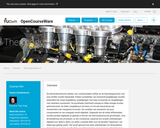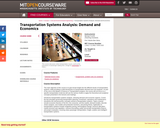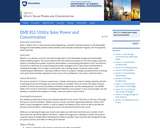
De thermodynamische relaties voor compressibele stoffen en de fasendiagrammen voor pure stoffen worden behandeld. Enkele voorbeelden van toestandsvergelijkingen worden behandeld (de viriaal vergelijking, vergelijkingen met twee constanten en vergelijkingen met meerdere constanten). De grootheden Helmholtz energie en Gibbs energie worden geintroduceerd. De Gibbs vergelijking is de basis om tot een beschrijving van evenwichten (van mengsels) te komen. De condities van evenwicht van pure componenten en van mengsels wordt afgeleidt. Uitgaande van de totale differentialen worden partiele afgeleide uit gedrukt in termen van thermodynamische grootheiden. Voor de berekening van processen, zo als compressie, expansie enz worden uitdrukkingen afgeleid voor delta h, delta s en delta u (waarbij delta voor de deviatie="departure" van ideaal gas gedrag staat). Het wordt getoond hoe deze uitdrukkingen (of dimensieloze diagrammen van deze grootheden) voor de berekening van processen gebruikt kunnen worden. Ook wordt de grootheid exergie gepresenteerd, een grootheid die gebaseerd is op de tweede hoofdwet van de thermodynamica, tezamen met enkele nuttige grootheden en hulpmiddelen voor het uitvoeren van exergie analyses (exergie verlies, exergie rendementen, waardediagram). In dit college wordt de definitie van exergie beperkt tot de thermo-mechanische exergie. Het principe van het stoomturbine kringproces wordt getoond en mogelijkheden voor de optimalisatie van dit kringproces worden besproken, zoals de keuze van stoomdruk en -temperatuur en de toepassing van stoomoververhitting en -herverhitting.
- Subject:
- Applied Science
- Engineering
- Material Type:
- Assessment
- Homework/Assignment
- Lecture
- Lecture Notes
- Reading
- Student Guide
- Provider:
- Delft University of Technology
- Provider Set:
- Delft University OpenCourseWare
- Author:
- Prof.dr.ir. T.J.H. Vlugt
- Date Added:
- 04/25/2019

